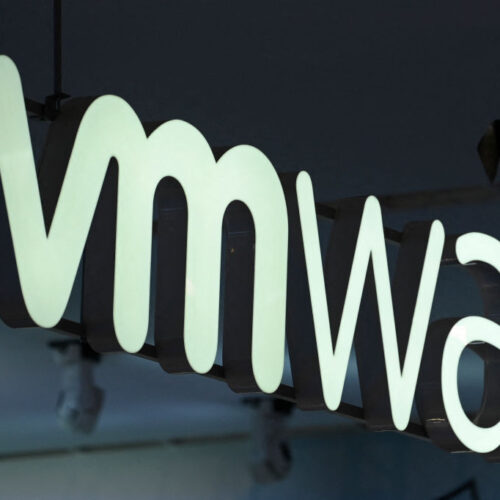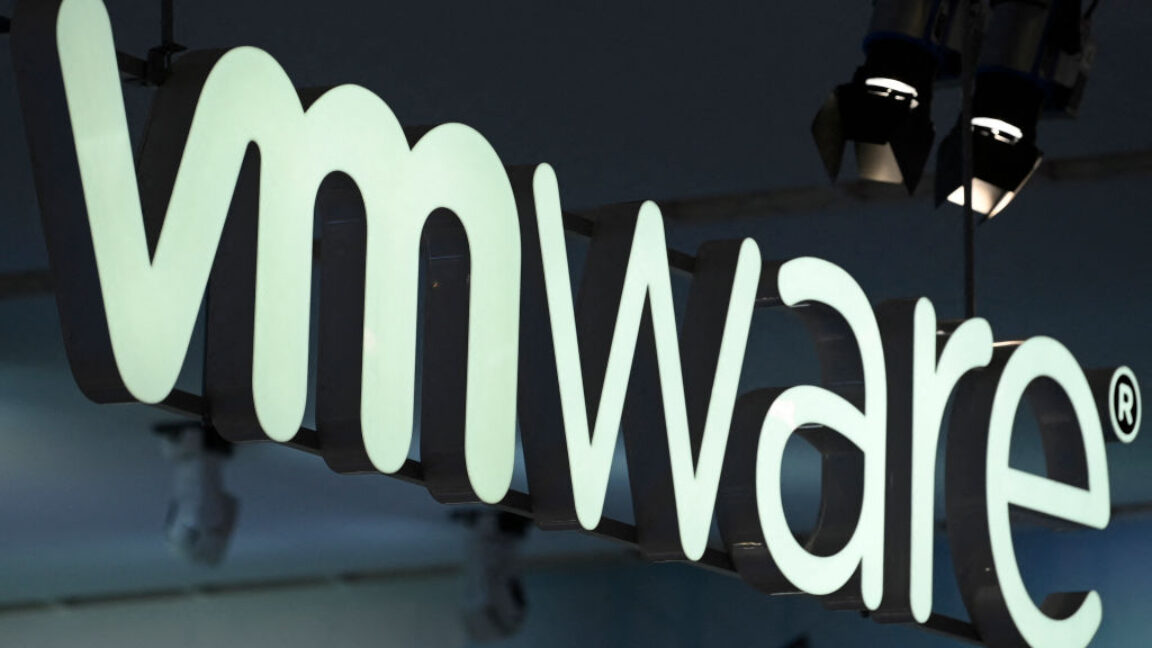Broadcom's CEO plays down an Intel bid: 'No hostile offers'
Ying Tang/NurPhoto via Getty Images
- Broadcom's CEO says he's too busy riding the AI wave to consider a takeover of rival Intel.
- In an interview with the Financial Times, Hock Tan said he had no interest in "hostile takeovers."
- Broadcom has soared to a $1 trillion market capitalization for the first time thanks to the AI boom.
The chief executive of $1 trillion AI chip giant Broadcom has dismissed the prospect of a takeover bid for struggling rival Intel.
In an interview with the Financial Times, Hock Tan said that he has his "hands very full" from riding the AI boom, responding to rumors that his company could make a move for its Silicon Valley rival.
"That is driving a lot of my resources, a lot of my focus," Tan said, adding that he has "not been asked" to bid on Intel.
The Broadcom boss is also adopting a "no hostile takeovers" policy after Donald Trump blocked his company's offer for Qualcomm in 2018 on national security grounds. Broadcom was incorporated in Singapore at the time.
"I can only make a deal if it's actionable," Tan told the FT. "Actionability means someone comes and asks me. Ever since Qualcomm, I learned one thing: no hostile offers."
Broadcom and Intel have experienced diverging fortunes since the start of the generative AI boom. Broadcom has more than doubled in value since the start of the year to hit a $1 trillion market capitalization for the first time, while Intel has collapsed by more than half to $82 billion.
Broadcom, which designs custom AI chips and components for data centers, hit a record milestone last week after reporting its fourth-quarter earnings. Revenues from its AI business jumped 220% year over year.
Intel, meanwhile, has had a much rougher year. Its CEO Pat Gelsinger — who first joined Intel when he was 18 and was brought back in 2021 after a stint at VMWare — announced his shock retirement earlier this month after struggling to keep pace with rivals like Nvidia in the AI boom.
Gelsinger, who returned to revitalize Intel's manufacturing and design operations, faced several struggles, leading him to announce a head count reduction of roughly 15,000 in August and a suspension of Intel's dividend.
Its challenges have led to several rumors of being bought by a rival, a move that would mark a stunning end to the decades-old chip firm. Buyer interest remains uncertain, however. Bloomberg reported in November that Qualcomm's interest in an Intel takeover has cooled.
Broadcom did not immediately respond to BI's request for comment outside regular working hours.





